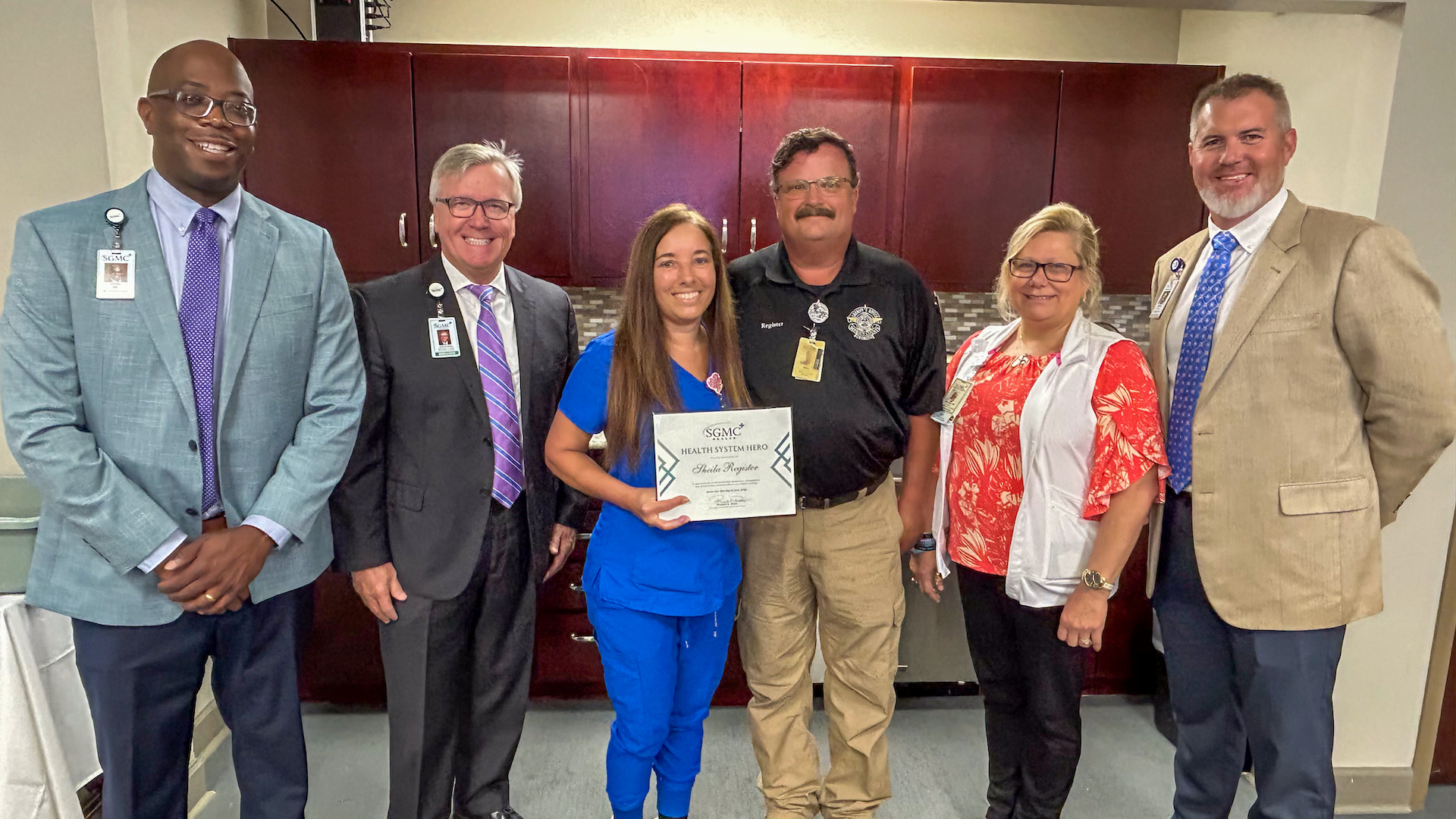EDITORIAL: Getting drugs off medicine cabinet shelves
Published 9:00 am Sunday, December 3, 2017
Leftover prescription drugs can be as volatile as a loaded gun.
In the latest article of our ongoing SunLight Project series that’s how one person described having leftover medications and painkillers in the home.
They are dangerous to leave, stockpiling unused in people’s medicine cabinets, closets and chests of drawers.
They pose a temptation.
They pose a threat.
Prescription painkillers are the leading killer in opioid overdoses in Georgia, although about one-fifth of deaths last year involved the cheaper alternative, heroin, according to state data presented in the Dec. 3 SunLight Project report.
Whether someone seeks them willingly, or comes across them accidentally, the potential for unused prescription drugs to cause harm is potent.
Disposing of prescription drugs via throwing them in the trash, pouring them down the drain or flushing them down the toilet raises concerns ranging from environmental to theft from garbage.
The concluding article in the series, scheduled to publish Tuesday, Dec. 5, looks at some potential solutions to handling leftover prescription painkillers.
The best solution for drugs already left behind in cabinets seems to be disposal sites monitored by law-enforcement agencies.
For example, the Baldwin County Sheriff’s Office, which has a box at the jail, has collected and destroyed 280 pounds of medication in the last four years. The Moultrie Police Department recently pulled 75 pounds of pills from its box.
Police and sheriff’s departments that don’t have drop-off programs for leftover medications should develop one. Such policies will remove leftover drugs from houses and possibly the streets. It will not alleviate all leftover drugs but something as simple as a secured drop-off box could save lives by removing a temptation and a threat.
Prevention is another solution. Prevention means curbing the number of opioids prescribed.
Fewer pills could mean fewer addictions and fewer pills left behind in cabinets and closets.





